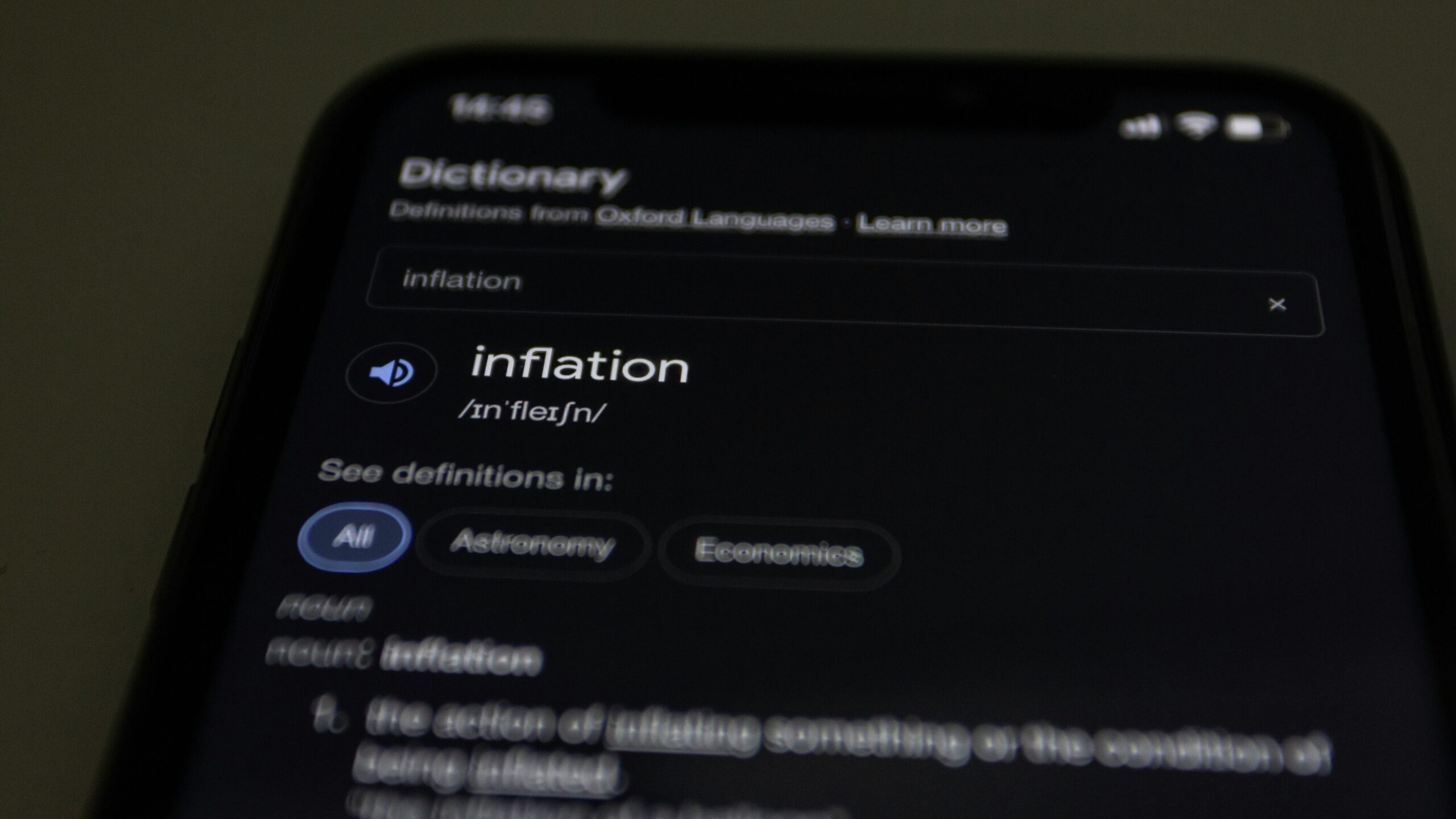In today’s economic climate, inflation is more than just a buzzword—it’s a reality that affects all of us. As prices for goods and services continue to rise, it becomes increasingly important to understand how inflation can impact your finances and what steps you can take to safeguard your wallet. In this post, we’ll explore practical strategies to protect your finances from the effects of inflation.
Understanding Inflation
First, let’s break down what inflation really means. Inflation is the rate at which the general level of prices for goods and services is rising, leading to a decrease in the purchasing power of money. In other words, when inflation rises, each dollar you own buys a smaller percentage of a good or service.
Impact on Your Finances
The immediate impact of inflation is obvious: you have to spend more to maintain your standard of living. But there are subtler effects as well. For instance, inflation can erode the real value of your savings if the interest you’re earning is less than the rate of inflation.
Strategies to Combat Inflation
Rethink Your Savings Approach
- High-Interest Savings Accounts: Look for savings accounts that offer higher interest rates to keep up with or exceed inflation.
- Treasury Inflation-Protected Securities (TIPS): Consider investing in TIPS, which are government bonds specifically designed to combat inflation.
Invest Wisely
- Diversify Your Portfolio: Include assets that typically do well during inflationary periods, like stocks or real estate.
- Commodities and Real Assets: Investing in commodities like gold or real assets like property can offer protection against inflation.
Revise Your Budget
- Track Your Spending: Keep an eye on where your money is going and identify areas where you can cut back.
- Prioritize Essentials: Focus on spending for necessities and cut back on non-essential items.
Increase Your Income
- Seek Raises or Promotions: As prices rise, ensuring your income keeps pace is crucial.
- Side Hustles: Consider taking on additional work to supplement your income.
Smart Shopping
- Discounts and Deals: Take advantage of sales, bulk buying, and discount stores.
- Compare Prices: Use apps and websites to find the best deals for products and services.
Debt Management
- Refinance High-Interest Debts: If you have high-interest loans, see if you can refinance to a lower rate.
- Avoid New High-Interest Debt: Be cautious about taking on new debt with high interest, as it will be more costly during inflationary periods.
Conclusion
While we can’t control the economy, we can adapt our financial strategies to weather periods of high inflation. By understanding inflation and implementing these practical steps, you can protect your finances from the eroding effects of rising prices. Remember, the key is to stay informed, be proactive, and make adjustments as needed to ensure your financial health remains strong, no matter what the economic climate brings.





 GOOGL
GOOGL META
META
Leave a Comment